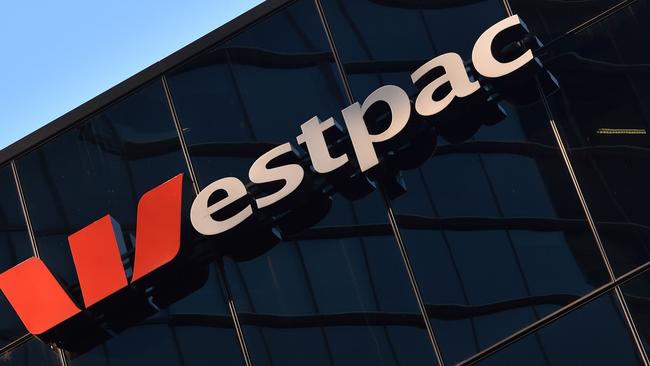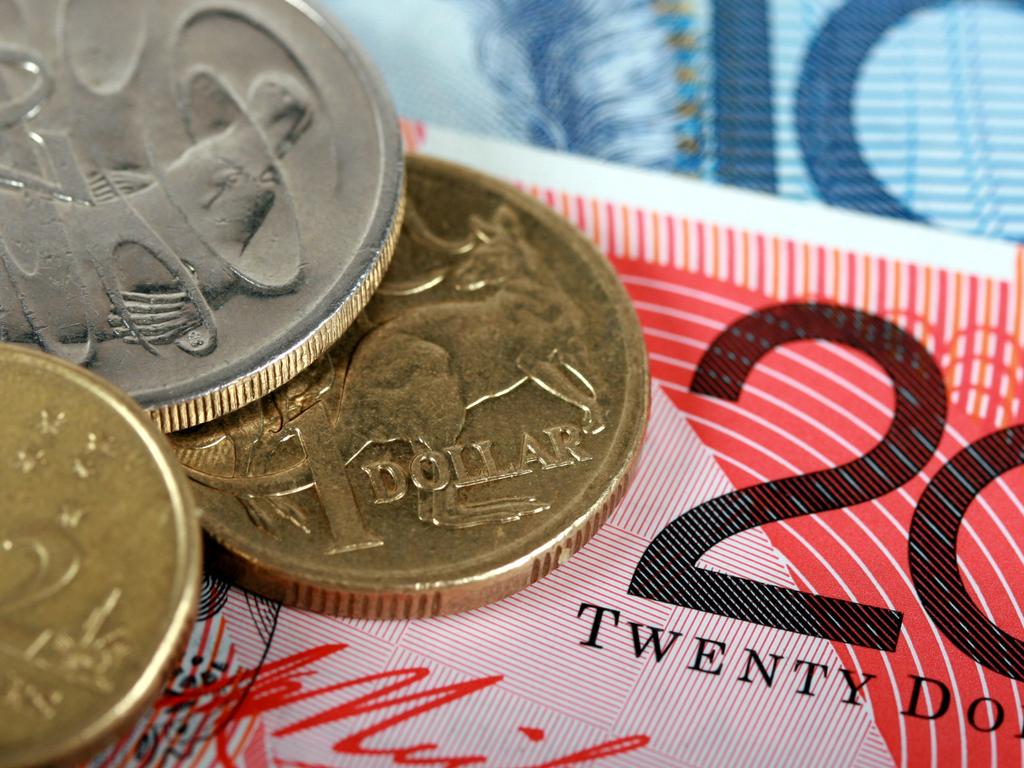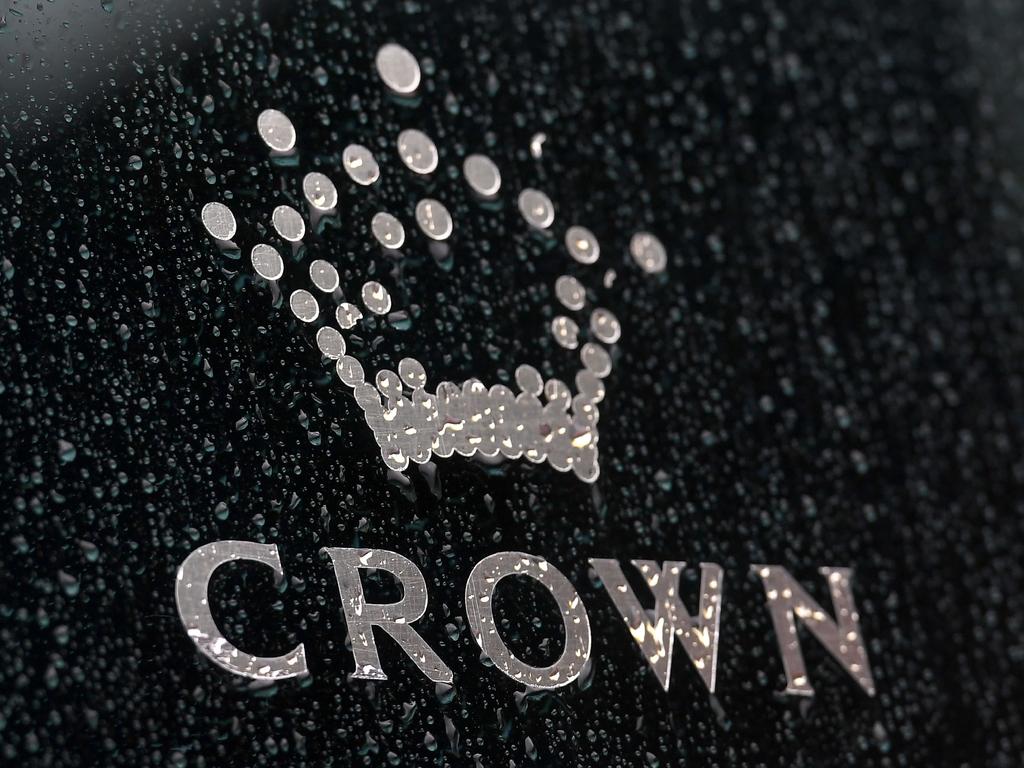Westpac walloped with $1.3bn Austrac penalty
The damning indictment by Attorney-General Christian Porter came as Westpac capitulated in the face of Austrac’s demand for a top-end penalty.

Austrac has warned it will take on more of Australia’s biggest companies, as the nation’s top law officer said Westpac’s record $1.3bn penalty for its massive anti-money laundering breaches was one of the “greatest failures” in local corporate history.
The damning indictment by Attorney-General Christian Porter came as Westpac capitulated in the face of Austrac’s demand for a top-end penalty — $400m more than the bank set aside last April, and almost double the $700m fine paid by Commonwealth Bank in 2018 for similar transgressions.
While the settlement initially prompted speculation of a possible capital raising, analysts expect Westpac will take other measures to maintain an “unquestionably strong” balance sheet with a capital ratio of around 10.5 per cent.
Austrac chief executive Nicole Rose said the financial intelligence agency’s role was to “harden” the financial system against serious crime and terrorism financing, and the size of Westpac’s penalty reflected the “serious and systemic nature” of Westpac’s breaches.
Asked in Canberra if Austrac would take on more cases, Ms Rose replied unequivocally that it would.
“More absolutely needs to be done through our 15,000 entities — there are varying, different maturities through our entities,” she said.
“We’re ramping up our guidance and education this year to ensure that they are well aware of their requirements.
Bombshell statement of claim
“But I have to say since the Commonwealth Bank action, we’ve seen an increase in suspicious transaction reporting, so businesses are starting to take this very seriously.”
The bombshell statement of claim lodged by Austrac last November, in which it alleged Westpac had breached anti-money laundering and counter-terrorism financing laws more than 23 million times, has already upended the bank’s senior management and board.
Chief executive Brian Hartzer resigned, chairman Lindsay Maxsted brought forward his retirement, and non-executive director Ewen Crouch did not seek re-election.
New chief executive Peter King, who was chief financial officer before he succeeded Mr Hartzer last April, has had to replace most of his senior management team.
More damningly, the bank on Thursday admitted in the statement of agreed facts to turning a blind eye to offshore transactions linked to possible child sex offences in The Philippines.
This includes 260 customers that made “frequent low value transactions” that matched the profile of child exploitation.
It was left to Mr King on Thursday to “sincerely apologise” again for the compliance debacle, while noting that the bank had admitted to an additional 76,000 contraventions in the amended statement of claim which had contributed to the agreed penalty.
“We are committed to fixing the issues to ensure that these mistakes do not happen again,” he said.
“This has been my No 1 priority. We have also closed down relevant products and reported all relevant historical transactions.”
Challenging year
Brokerage UBS said on Thursday that the settlement amount was lower than its expectations of about $1.5bn.
However, UBS analyst Jon Mott said 2020 had been a particularly challenging year, given the Austrac case, COVID-19, and rotation of almost all of Westpac’s executive team and chairman.
While the balance sheet was relatively well provisioned, Mr Mott said the bank’s weaker capital position was an overhang, implying that the potential sale of any specialist businesses such as superannuation or wealth would be well-received by the market.
Westpac, though, still required substantial investment in technology and integration to achieve the necessary efficiency gains to help offset the weak revenue outlook.
The nation’s second-biggest bank has blamed human error and technology glitches for its 23 million-plus breaches of anti-money laundering and counter-terrorism financing legislation.
Most of the breaches related to the bank’s failure to properly report 19.5 million international funds transfer instructions (IFTIs) amounting to more than $11bn.
While many of the IFTIs were connected to pension payments, Ms Rose said Westpac’s failure to implement effective transaction monitoring programs, submit IFTI reports and apply enhanced due diligence for suspicious transactions meant that law enforcement missed critical intelligence to support police investigations.
Opportunities were therefore lost to disrupt possible unlawful activity, including child exploitation, money laundering, terrorism financing and tax offences.
Westpac has been deeply shamed by its connection to child exploitation by facilitating payments to The Philippines.
A statement of agreed facts and admissions, which will be presented to the Federal Court so it can consider the proposed penalty, says the bank failed to implement appropriate transaction monitoring detection scenarios.
These included key indicators for the purchase of livestreaming child exploitation material, involving international transactions to The Philippines and Southeast Asia.
“Three of the customers the subject of these proceedings had prior convictions relating to child exploitation offences,” the statement of agreed facts said.
“Austrac advises that one of these customers has been arrested in relation to further child exploitation offences since the commencement of these proceedings.”
Customers being further assessed
Other customers were being further assessed for possible investigations.
One of the few upsides for Westpac in the statement of agreed facts was Austrac’s withdrawal of some of the serious allegations it originally made against the bank’s board and top management.
Last November, Austrac said Westpac’s contraventions were the result of “systemic failures in its control environment, indifference by senior management and inadequate oversight by the board”.
The agency changed its tune on Thursday, saying the breaches did not result from any intention to contravene the legislation.
“At all times the Westpac board and senior management sought to ensure that Westpac would comply with its obligations under the AML/CTF Act,” the statement of agreed facts said.
“Where issues were identified, the board and senior management sought to ensure these issues were addressed.”
On the other hand, the document said some areas of money laundering and terrorism financing risk were insufficiently understood in key areas of Westpac, compliance and risk management functions were inadequately resourced, and there was insufficient speed in addressing problems when they arose.
Amendments to the compliance regime were also approved by senior management committees, with the result that the board did not have complete oversight, and compliance and risk management was “not as rigorous as it should have been”.
With Westpac under investigation by regulators over its Austrac response, it remains to be seen whether deletion of the most serious allegations against management and the board result in a similar outcome to the CBA investigation by ASIC, where no wrongdoing was found.







To join the conversation, please log in. Don't have an account? Register
Join the conversation, you are commenting as Logout